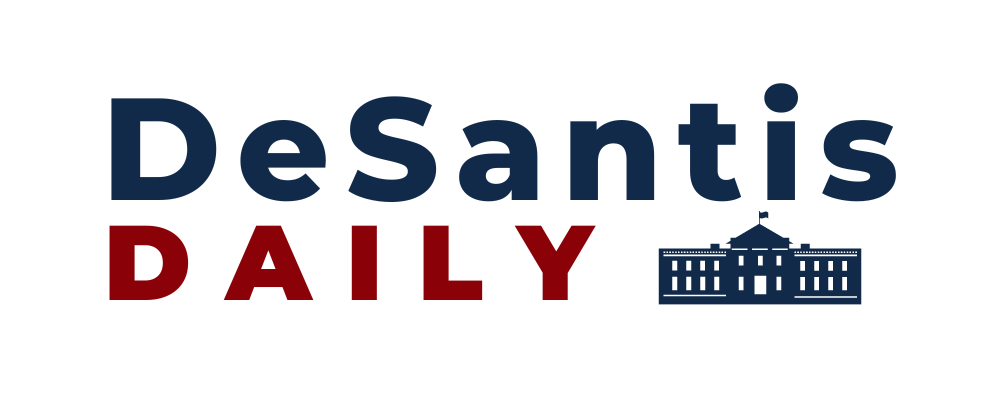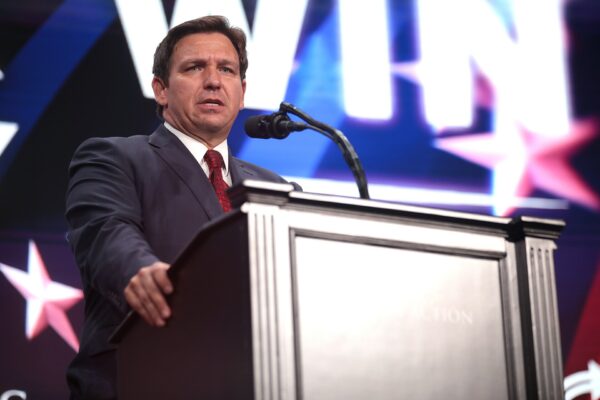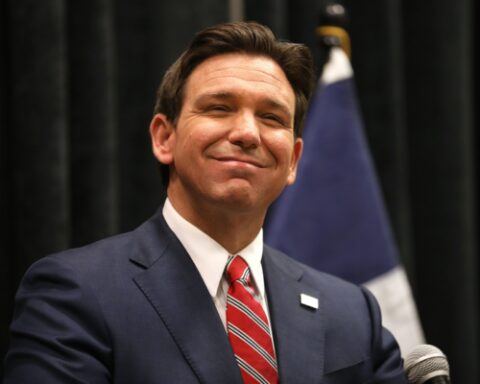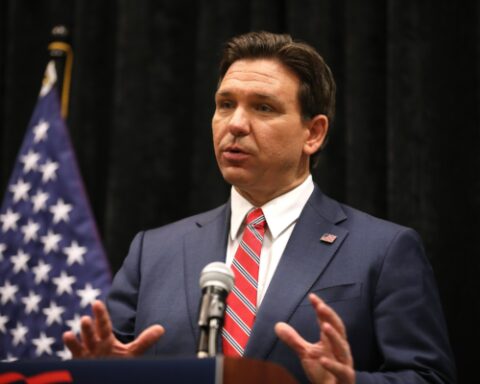Florida Governor Ron DeSantis is now reportedly calling for a fundamental shift in how health care is structured for younger Americans, arguing that most people under 50 do not need expansive and expensive health plans.
Instead, he says they should have access to affordable catastrophic coverage paired with health savings accounts to give them more control over their own care.
In a discussion with former Secretary of State Condoleezza Rice at the Hoover Institution on Friday, DeSantis said the current system, shaped heavily by federal regulations, prevents younger and healthier Americans from choosing plans that make more economic sense. “What we want and what the federal government really won’t allow is most people, particularly under 50, what they really need is a catastrophic plan that’s affordable,” he said. “Most people outside of paying insurance premiums are not paying a lot for medical on a routine basis.”
DeSantis argued that catastrophic plans—which are designed to protect people from large, unexpected medical costs while keeping monthly premiums low—would better fit the health needs and spending patterns of younger Americans.
Such plans traditionally cover major emergencies or serious illnesses, not routine doctor visits. “Most people under 50,” he said, “are not seeing doctors on a regular basis for ongoing care. They’re paying for insurance they don’t really use.”
Currently, federal rules restrict who can purchase catastrophic coverage. Generally, they are available to people under 30 or those who qualify for a “hardship exemption,” a category that includes individuals facing homelessness, eviction, medical debt, or other serious financial strains. DeSantis suggested the federal government should loosen those restrictions to allow broader access.
The governor’s remarks come amid renewed debate over the cost and structure of American health care during President Donald Trump’s second term.
The administration has pursued a series of changes to Medicaid, Medicare, and Affordable Care Act (ACA) programs aimed at reducing waste and encouraging private competition.
Trump officials have also focused on expanding access to lower-cost insurance plans and promoting personal responsibility through tax-advantaged health savings accounts.
DeSantis, echoing that philosophy, proposed pairing catastrophic insurance with health savings accounts (HSAs), which allow individuals to save pre-tax money for out-of-pocket medical expenses. “They can pay whatever they’re doing out of a health savings account,” he said. “I think that’s what we want.”
High-deductible plans tied to HSAs typically come with lower monthly premiums, but they require individuals to pay more out of pocket before insurance coverage begins.
For DeSantis, that trade-off represents a better balance between affordability and personal responsibility—especially for younger people who are less likely to require extensive medical care.
The Florida governor also shared a personal anecdote from his time in the Navy, saying he rarely used medical services unless required. “I know in the Navy, they told me to take something, I would do it, but other than that, I never did,” he said, emphasizing that most healthy Americans under 50 use little medical care in an average year.
Health policy experts note that catastrophic coverage has expanded somewhat in recent years, especially for those whose income disqualifies them from enhanced federal subsidies under the ACA.
With those tax credits set to expire at the end of the year, DeSantis’s call for reform could gain traction among conservatives seeking to lower costs while reducing federal control.
DeSantis’s remarks reflect a broader conservative critique of the current health care system: that Washington’s one-size-fits-all regulations drive up costs and limit individual choice.
His vision, by contrast, favors flexibility and market-driven options designed for different stages of life.
“It’s about affordability and practicality,” he said. “What people need is not more government control but more freedom to make their own decisions.”
[READ MORE: White House Signals End in Sight for Shutdown as Moderate Democrats Show Signs of Breaking Ranks]








